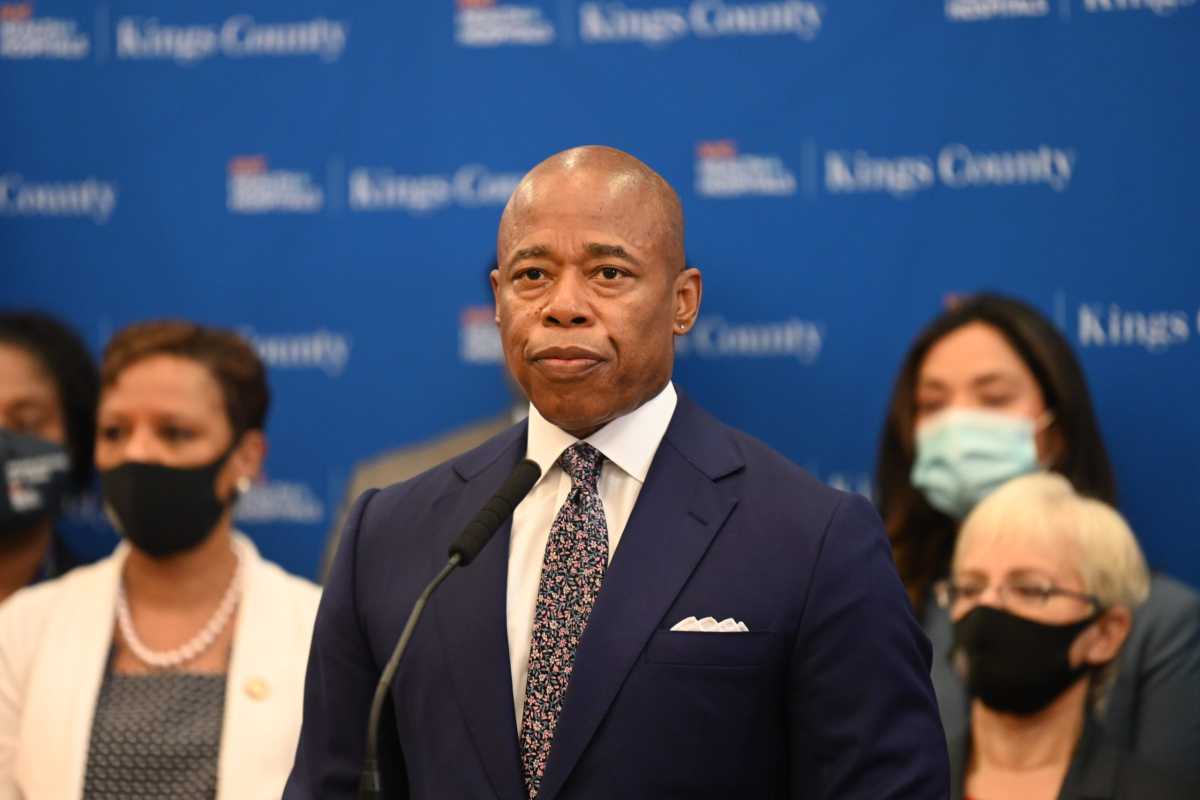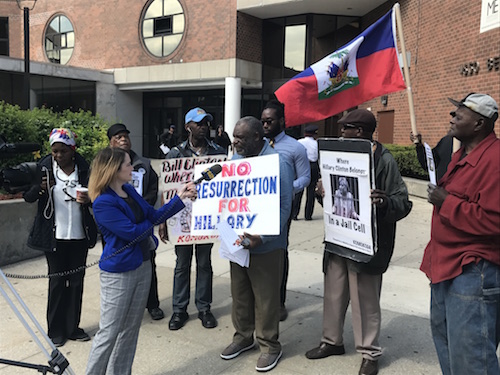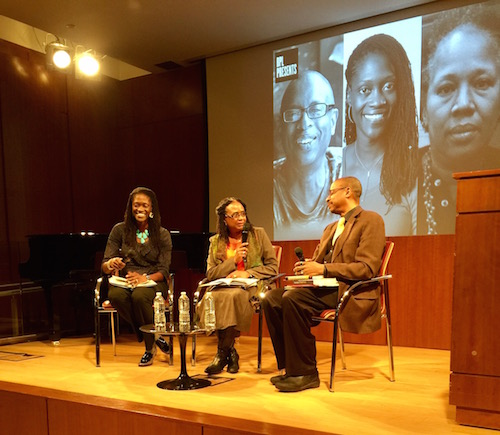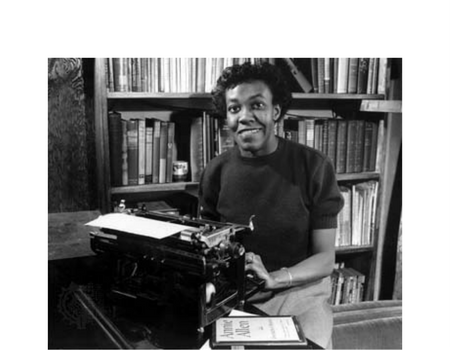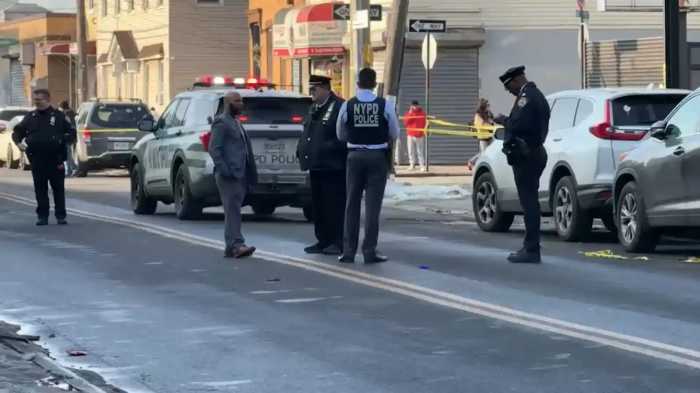Mayor Eric Adams planted the seeds for growing the city’s legal pot industry in a more equitable fashion Monday by launching an initiative to help those who’ve been arrested or imprisoned for cannabis possession or use have a leg up in starting their own weed businesses.
The effort – billed Cannabis NYC – will be housed in the city’s Department of Small Business Services (SBS) and will primarily help those who’ve been arrested or convicted for cannabis use or possession – or their family members – obtain Conditional Adult-Use Retail Dispensary (CAURD) licenses from the state’s Office of Cannabis Management, which will start accepting applications for licenses over the next month.
Adams said Cannabis NYC is a way to help right the wrongs of the “War on Drugs,” which predominantly impacted Black and brown people.
“Today, we light up our economy and launch Cannabis NYC — a first-of-its-kind initiative to support equitable growth of the cannabis industry in New York City. The regulated adult-use cannabis industry is a once-in-a-generation opportunity for our underserved communities that have, for too long, faced disproportionate rates of drug-related incarceration to get in on the industry on the ground floor,” the mayor said in a release.
“Cannabis NYC will plant the seeds for the economy of tomorrow by helping New Yorkers apply for licenses and understand how to open and successfully run a business, while simultaneously rolling equity into our economy by giving those who have been justice-involved and those with a cannabis conviction a chance to succeed. This is about creating good jobs, successful small businesses, and finally delivering equity to communities harmed by the ‘War on Drugs.’”
Adams made the announcement at Medgar Evers College Monday afternoon along with SBS Commissioner Kevin Kim, Brooklyn Borough President Antonio Reynoso and City Council Member Kevin Riley (D-Bronx). The CUNY campus was chosen because it’s the first institution in the city university system to offer a minor in cannabis education.
“By awarding retail licenses in this first round only to justice involved applicants, the state is ensuring that the roots of this industry are based in equity,” Kim said during the announcement. “And the city is proud to partner closely with the state to achieve this shared goal.”
Kim said Cannabis NYC is offering to help those who’ve had a marijuana-related arrest or conviction apply for CAURD licenses by answering questions about and holding educational webinars on the application process and by helping them complete the application itself. Applicants in the first round are required to have owned or partially owned a profitable business for at least two years, Kim added.
“So our message today is very very clear: If you or a close family member had a marijuana arrest or conviction before March 31 2021 and you’ve been an owner or a partial owner of a profitable business for two years or more, you may be eligible to apply for this first round of licenses,” Kim said.
The launch of the state’s cannabis industry follows the legalization of marijuana by the state legislature and former Governor Andrew Cuomo last year.
In the long term, Kim said, Cannabis NYC aims to offer business and technical supports to the cannabis industry and connect New Yorkers with good paying jobs in the industry.
But the only way to have a successful legal cannabis sector, Adams said, is to crack down on the illicit market that has gone unchecked – while the state is working to set up its legal cannabis industry – since weed was legalized last year. In particular, Adams said, unlicensed trucks and bodegas selling weed that have proliferated over the past year can’t be allowed to continue.
“You can never have a legal market with an illegal market. They can’t go together,” Adams said. “We must make sure that it is regulated and safe, that people are actually getting what they’re paying for. And those who openly violate or those who are shipped in large quantities here, they are breaking the law. And we’re not going to allow that to happen while we have the legal market.”


